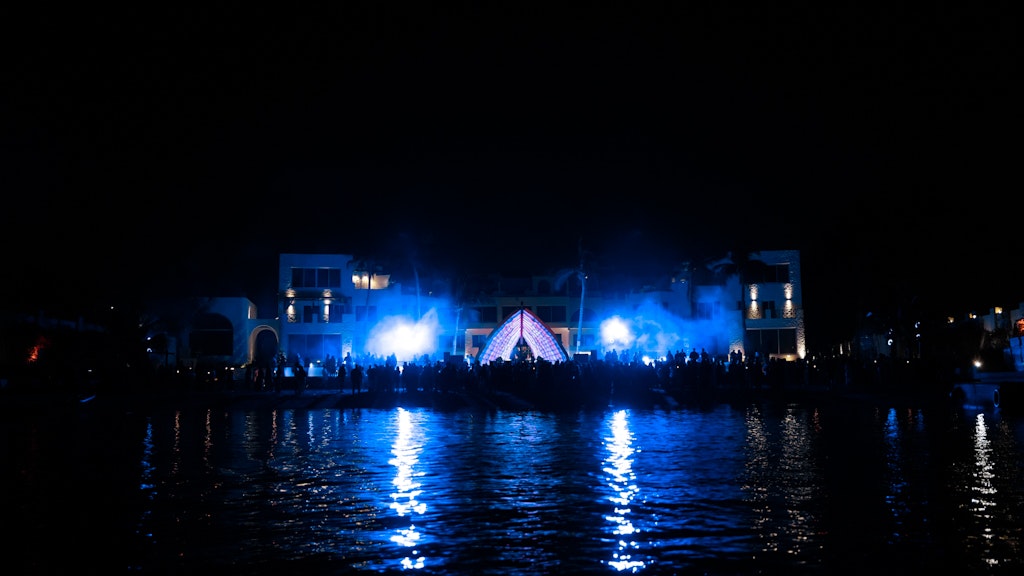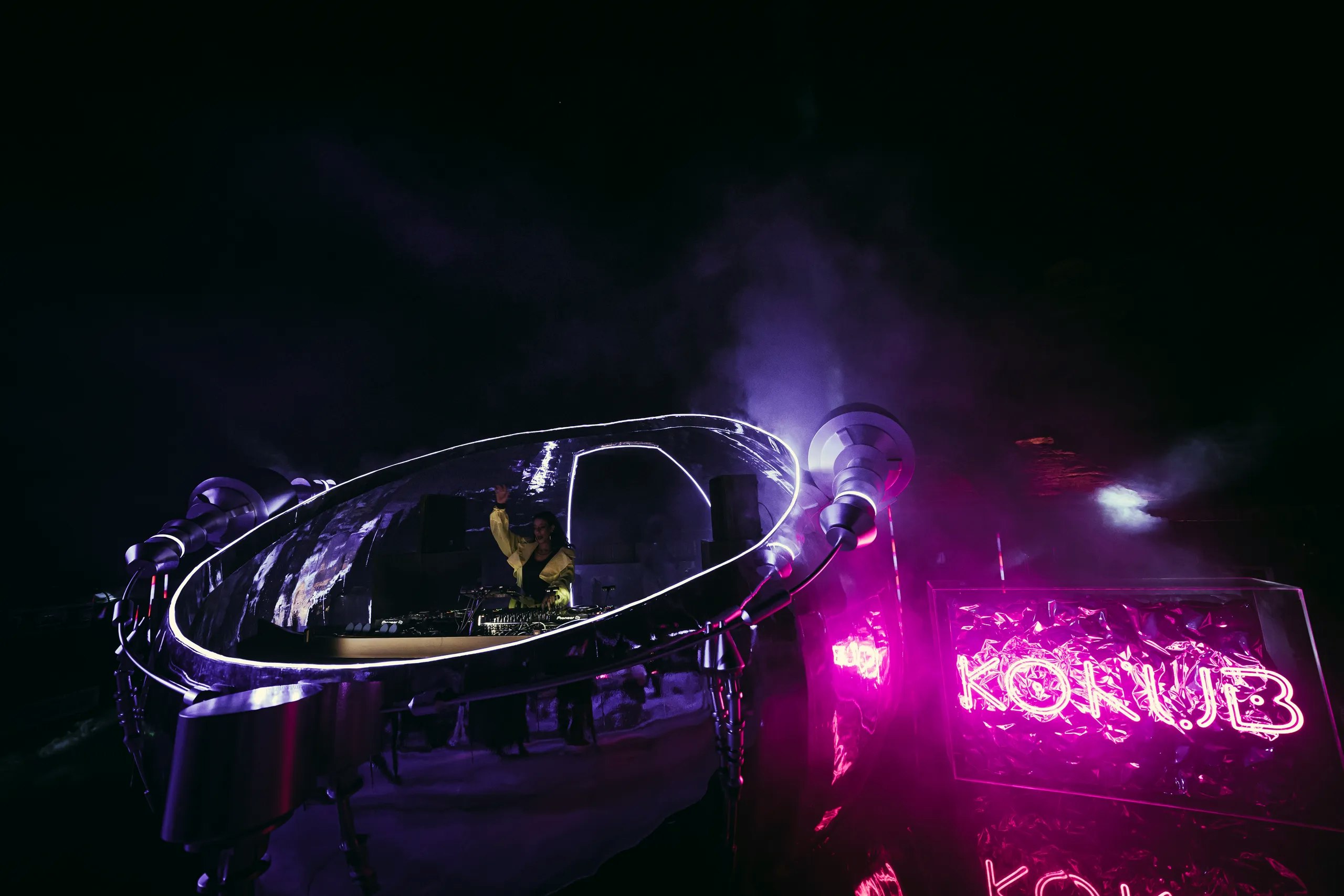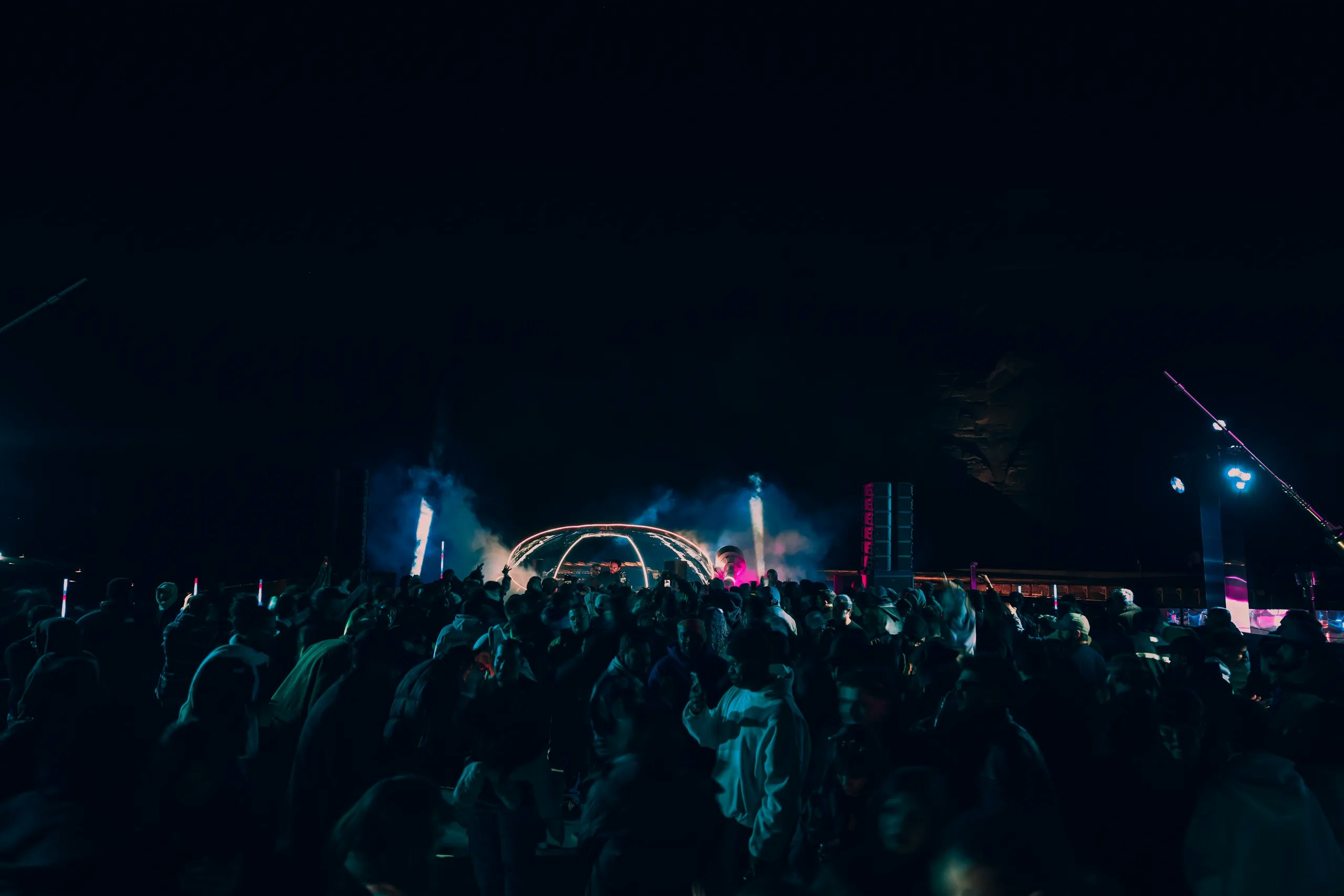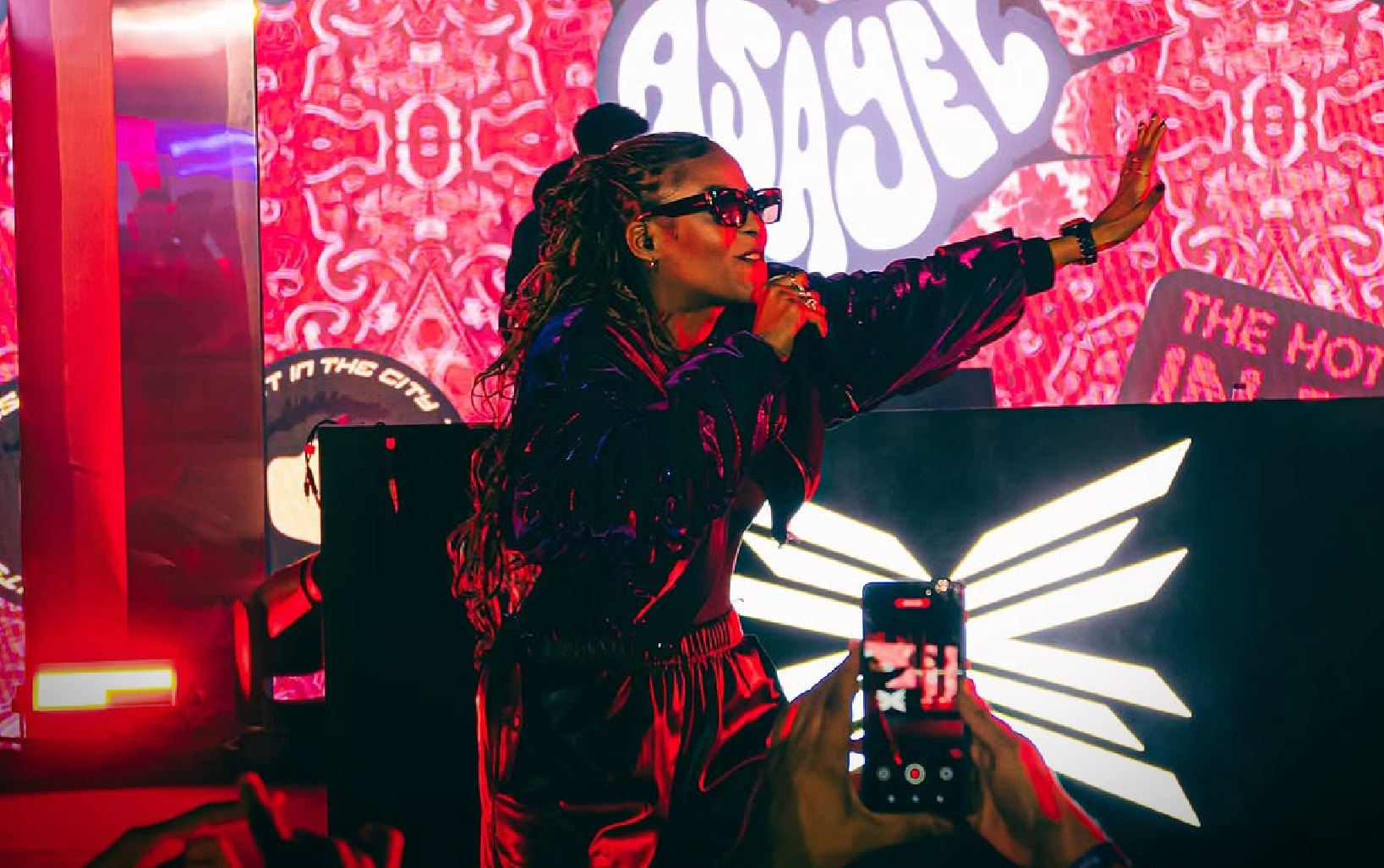
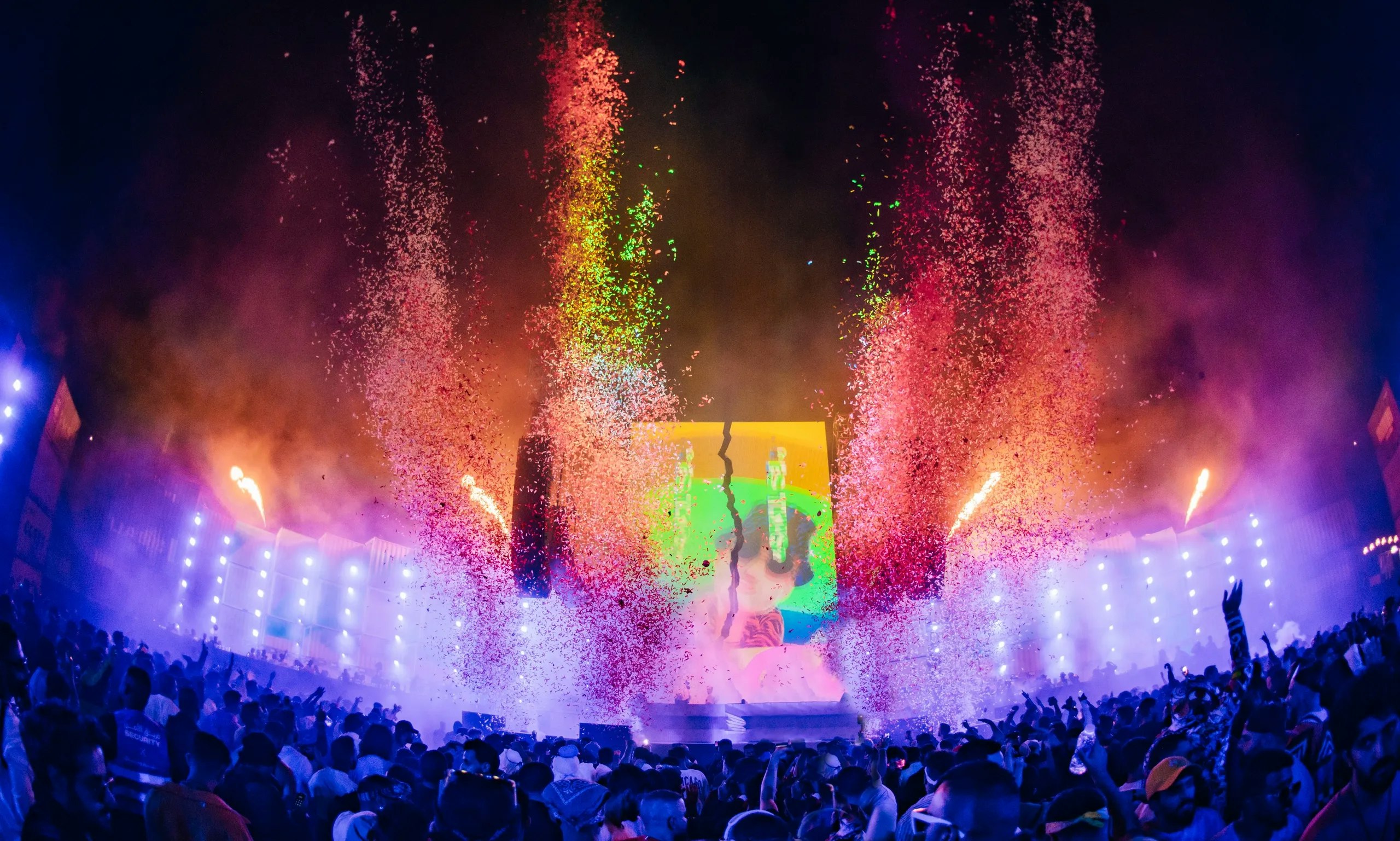
Evolution of Music Festivals: From Ancient Greece to the Modern Era
By MDLBEAST
December 26 2023
Evolution of Music Festivals: From Ancient Greece to the Modern Era
By MDLBEAST
December 26 2023
Music festivals have come a long way from their beginnings and have evolved along with cultural shifts, societal changes, and artistic development. Although the modern music festival as we know it today is a relatively recent phenomenon, public and communal celebrations of music date back thousands of years.
In this article, we explore the history of music festivals and take you on a journey from the very first recorded event to what we have come to know as concerts and festivals.
The First Music Festivals: The Pythian Games
If you think of a music festival, you’ll probably imagine outdoor music events with tents, food trucks, and the works. But the roots of these gatherings run deep into history. The first festival ever took place in 582 BC in Ancient Greece, during the Pythian Games. Like the Olympic Games, the Pythian Games took place every four years and included poetry, reading, speech, and other musical and game-like competitions. People gathered to enjoy hymns and instrumental performances dedicated to Apollo, the God of arts and music.
While the Pythian Games were likely the prototype of modern music festivals today, the history of people gathering to celebrate music (or the history of festivals) is as old as the history of music itself.
Classical Music Festivals and Exclusivity
By the 17th century, classical music took over the European music landscape. Legendary composers like Bach, Mozart, and Beethoven were at the forefront, and this slowly started revolutionizing the cultural parameters of public musical gatherings.
Music festivals were originally intended to be a gathering where people could gather and celebrate. However, as the wealth gap started to widen across Europe, festivals gradually became more exclusive, catering primarily to the highly educated upper class. This shift became apparent as events became more exclusive and had increasingly restricted access.
This trend continued for centuries, with the elite class exerting control over the culture and restricting access to music festivals, drawing deeper divides between the educated upper class and the traveling folk musicians who often performed for “commoners.”
World Wars and Musical Revival
The outbreak of the First World War brought about many changes to lifestyles and, consequently, music festivals. As society focused on wartime efforts and staying safe, the exclusivity of music festivals to the upper class disappeared. In a turn of events, the working-class population was turning to music more than ever, and jazz and folk emerged as popular genres. To avoid the scrutiny of the elite, groups of musicians with similar tastes gathered in dive bars and underground clubs. By the time the war had ended, jazz had cemented itself as the genre of the era.
World War II played a pivotal role in creating the Newport Folk Festival, organized by Louis and Elaine Lorillard. The couple met during WWII and came together to revolutionize Rhode Island's artistic community by promoting jazz. With a foundation in jazz, blues, country, and pop music, they expanded the event to attract over 11,000 people by 1954.
The 1960s: The Birth of Modern Music Festivals
A major shift occurred in the development of music festivals during the 1960s. While Woodstock may be the best-known music festival from that period, it actually wasn't the first of its kind. The concept of modern music festivals as an escape from everyday life began in 1967 with the invention of the Monterey International Pop Festival. It solidified its status as America’s first rock festival by bringing together legendary performers like Jimi Hendrix, Janis Joplin, and The Who.
The movement carried on through the 1968 Miami Pop Festival and the memorable 1969 Woodstock. By the 1970s, music festivals were being held worldwide and drew in huge numbers of fans of all different music subgenres.
The Berlin Wall and the Electronic Music Revolution
Electronic music, which had been developing in the underground culture of Berlin when it was still under Soviet control, saw its breakthrough in the 1990s. The global popularization of electronic music also had to do with the fall of the Berlin Wall in late 1989.
Underground stations, power plants, World War II bunkers, and abandoned buildings all started serving as makeshift concert halls, and this opened the doors to the reimagination of spaces for festivals. There was also a wave of creative and underground celebrations after Germany reunited because of the newfound sense of freedom and solidarity.
Music Festivals of Today
Music festivals today have completely surpassed the creative boundaries of the past. Festival organizers now play with space, art, and technology to create immersive experiences.
One example of this is MDLBEAST’s Soundstorm Festival, one of the players redefining the live music experience of the 21st century. With its innovative fusion of cutting-edge technology, diverse music genres, and immersive visual elements, Soundstorm has become a beacon for the future of live entertainment, transcending conventional boundaries to create an unforgettable audiovisual journey for its attendees.
Soundstorm’s broken new ground in live entertainment by combining artists across a wide range of musical genres with cutting-edge technology to take its audience on an unforgettable audio-sensory adventure.
As the music industry shifts its economic model to accommodate the Internet age, modern music festivals have also become lucrative businesses in their own right. While some claim that music festivals have shifted their focus toward commercial success, they inarguably continue to serve as powerful platforms for unifying people through music and celebration. Another concern that has risen in recent years is sustainability in festivals, which a lot of pioneers in the industry are addressing through their commitment to reducing waste and building greater efficiencies in energy management.
Despite the cultural changes and criticisms, music festivals stand strong in their commitment to being about music and the joy of sharing it with others. They continue to be a force that brings people together, transcending cultural and generational boundaries.
Share this
